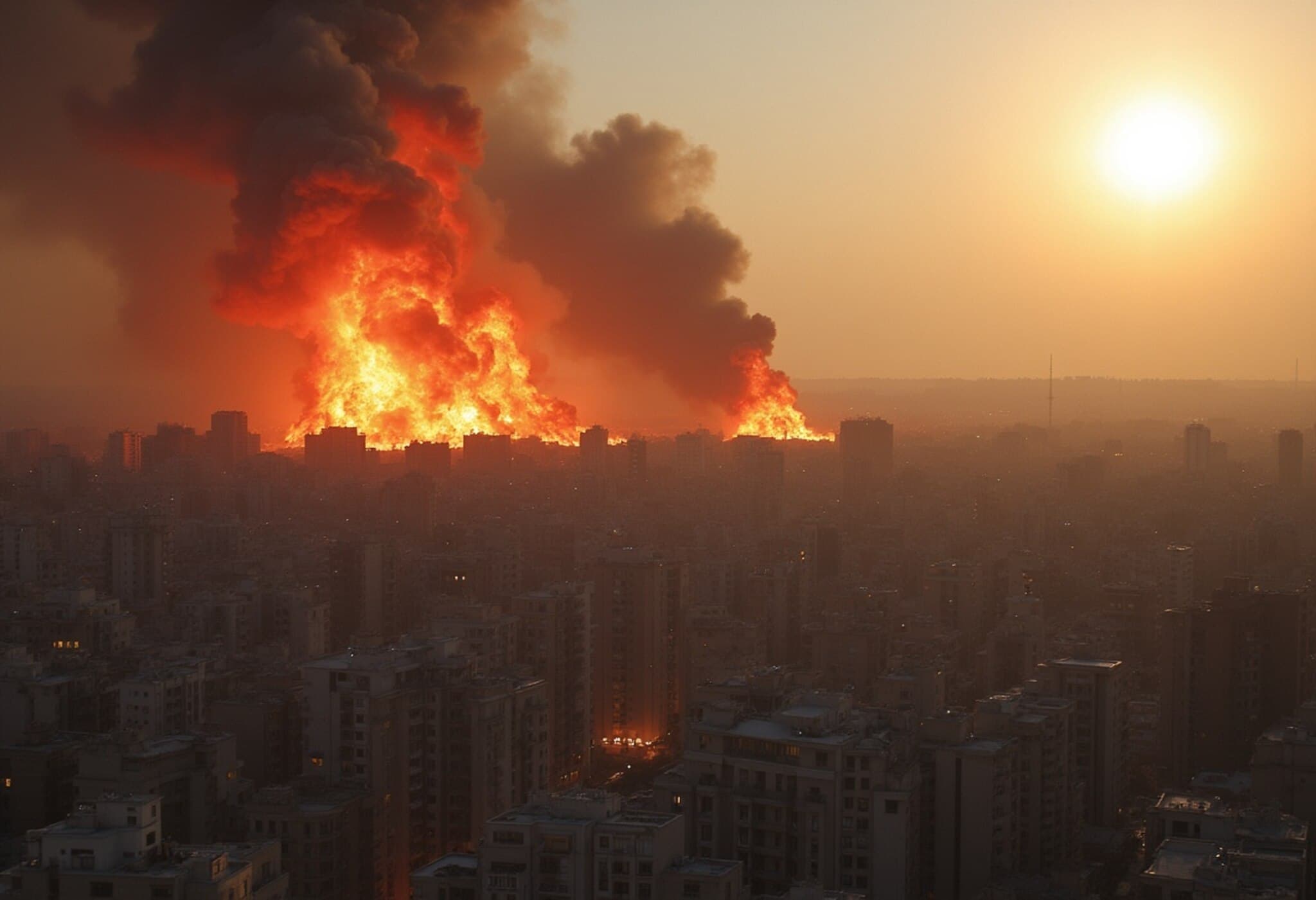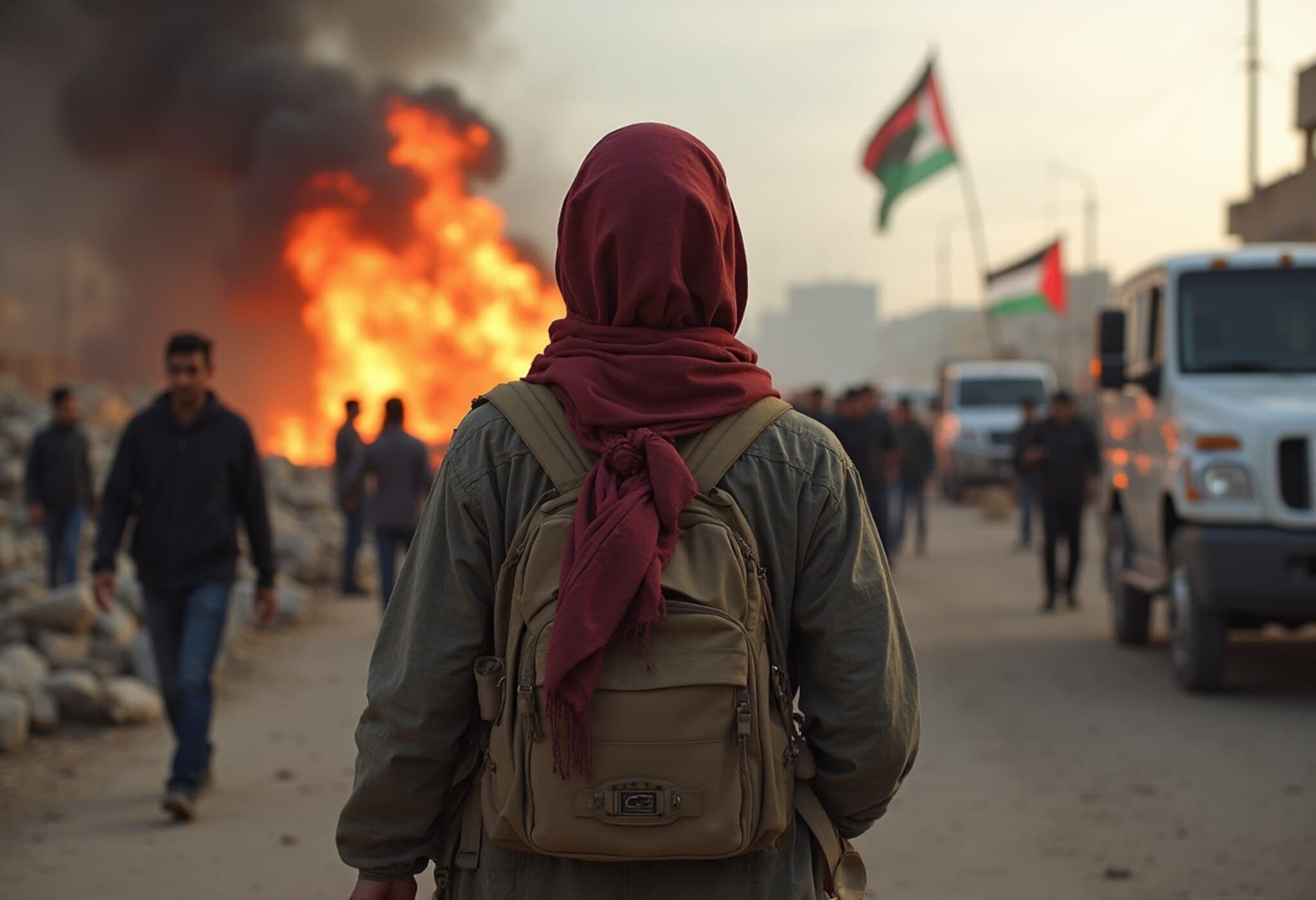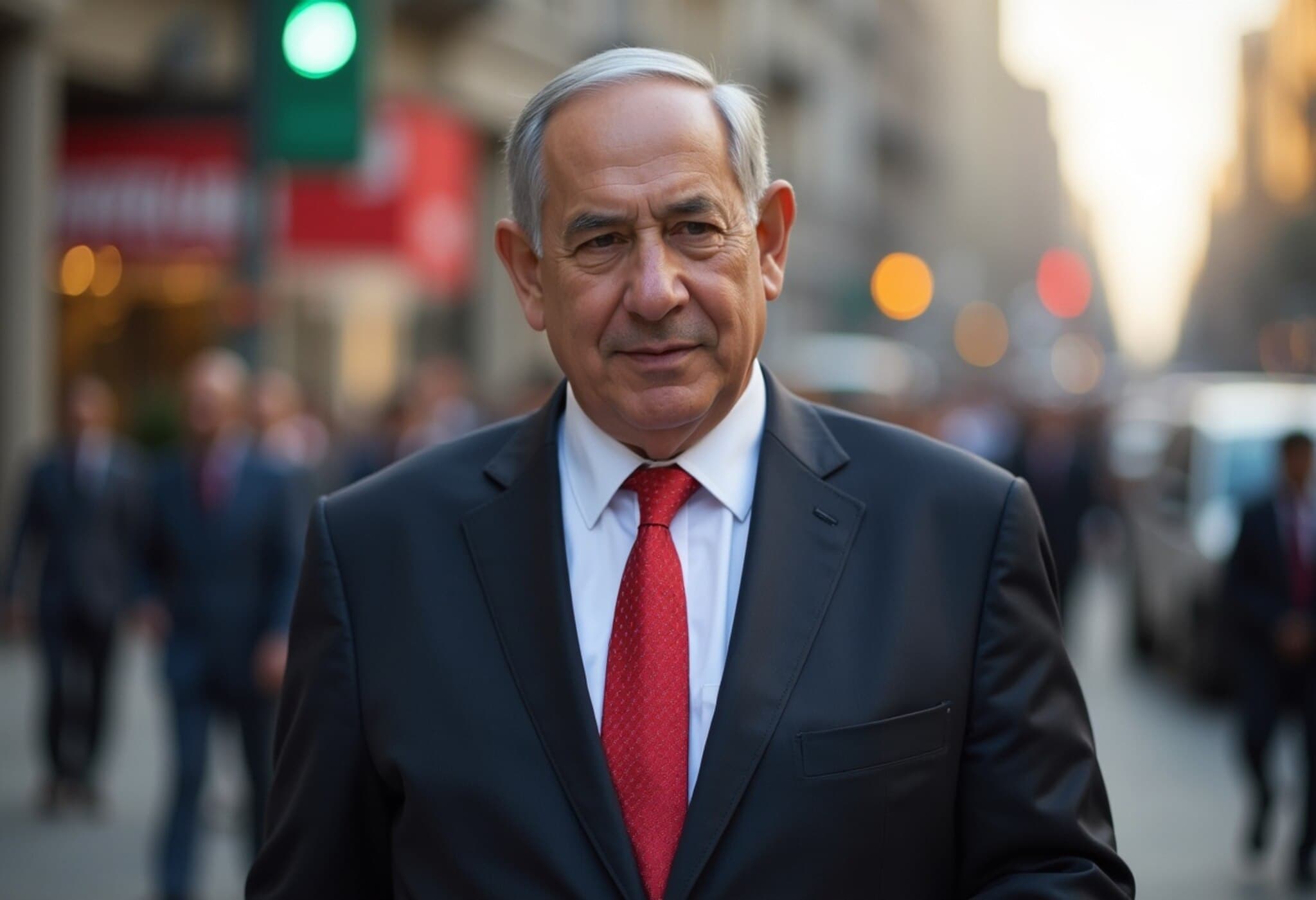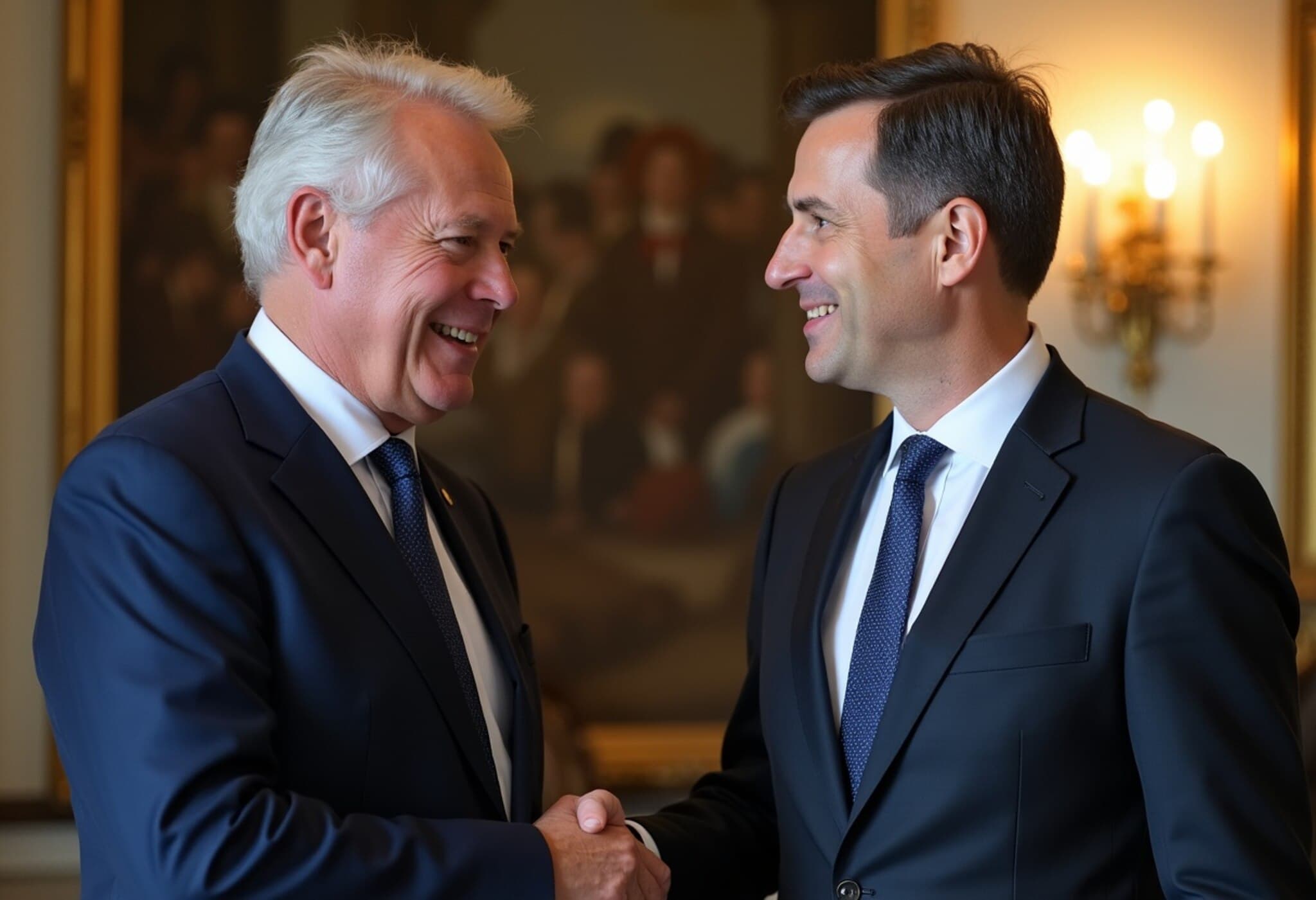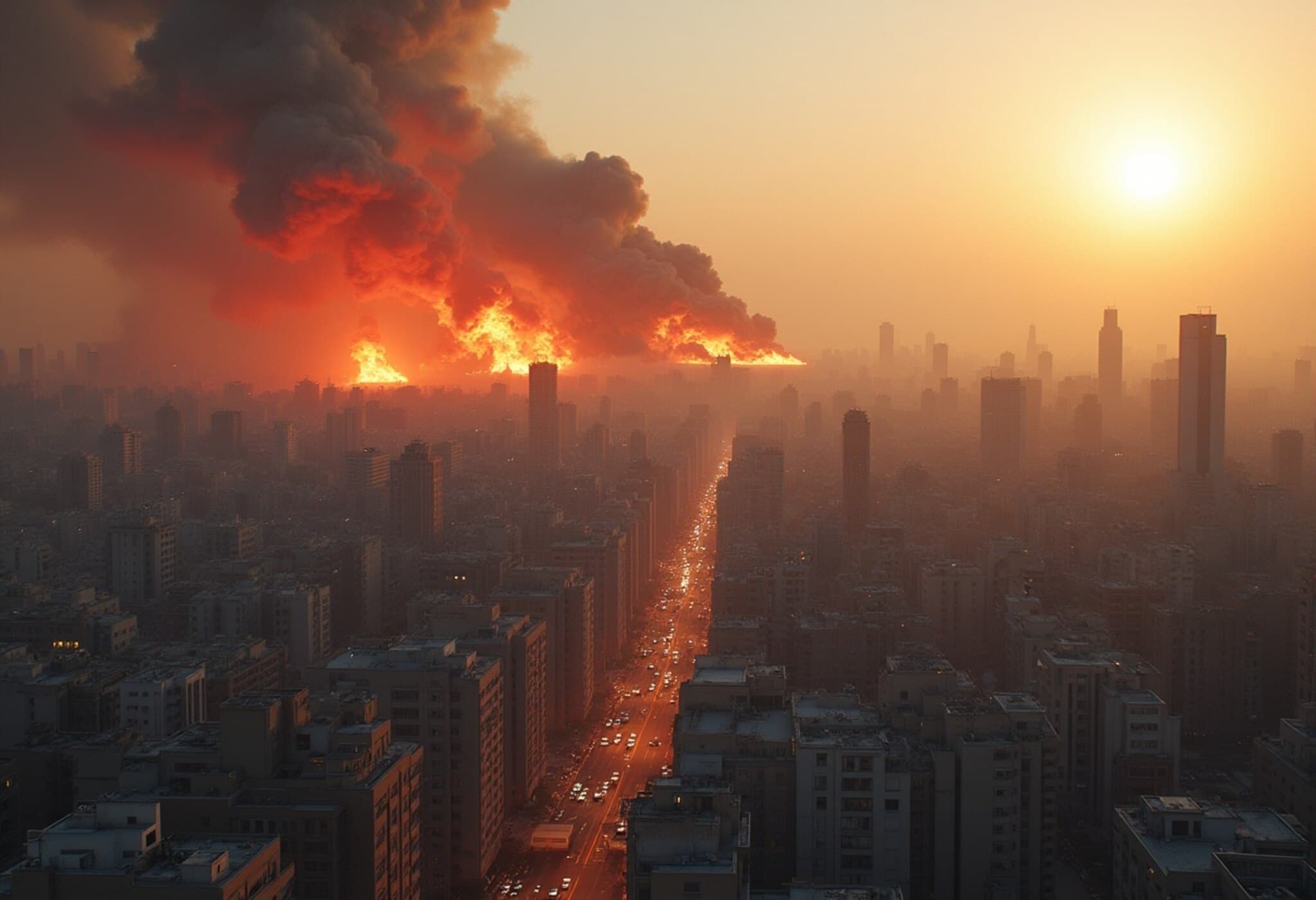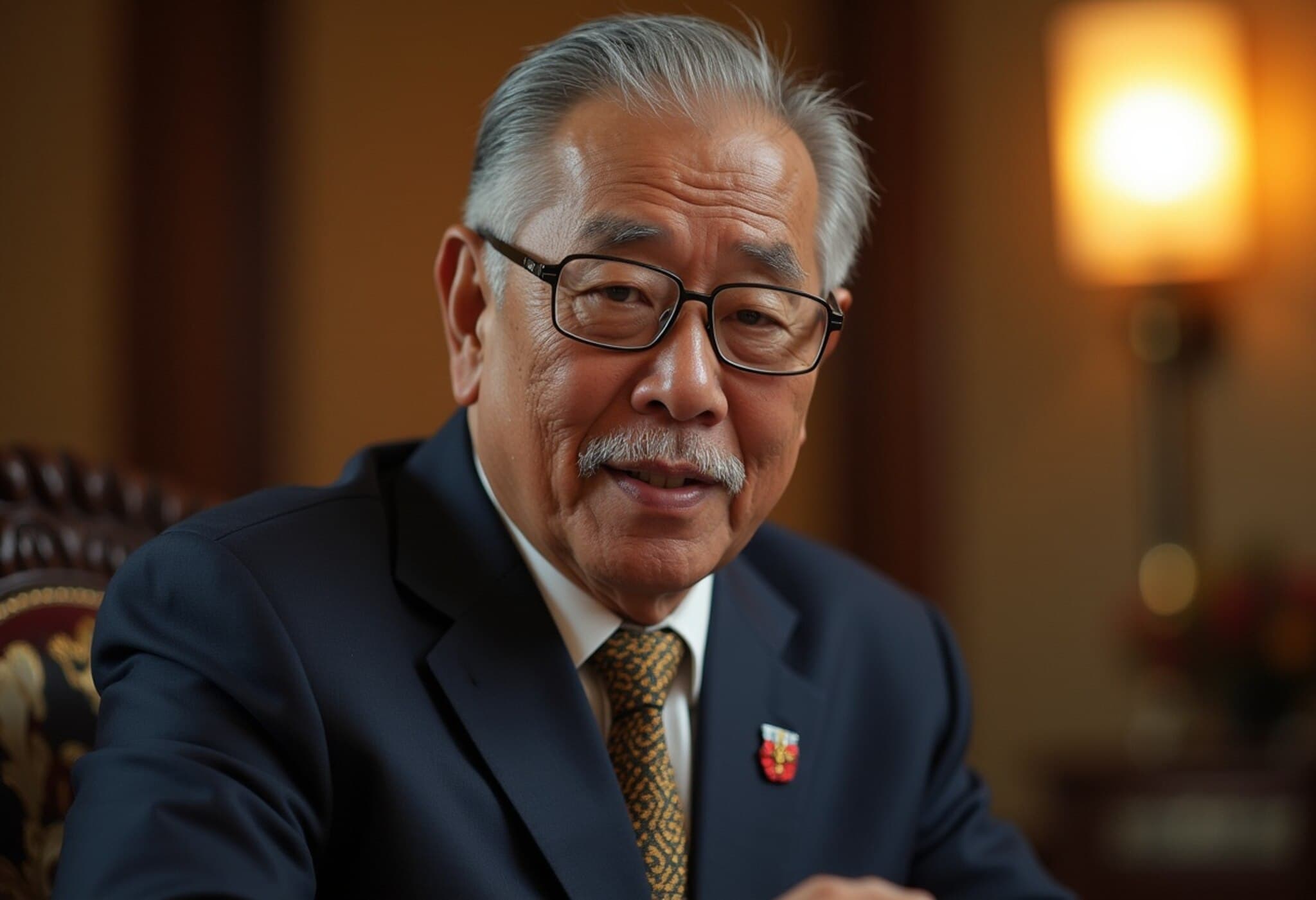Heated Exchange over Gaza Erupts on New York Beach
What began as a peaceful afternoon at a New York beach abruptly turned tense when a Palestinian woman confronted a former Israeli Defense Forces (IDF) soldier wearing a Star of David necklace. Captured on video and shared by ILTV Israel News, the encounter reveals the raw emotions and complexities surrounding the ongoing Israeli-Palestinian conflict, reflecting its global resonance—even far from the Middle East.
The Confrontation Unfolds
The video shows the activist approaching a small group lounging on beach towels, directing pointed accusations at one man who openly confirmed his military service with the IDF. The woman’s voice bristles with anger as she demands, “You killed children in Gaza,” linking him directly to alleged war crimes.
His companion responds calmly, asserting that the soldier’s mission was to protect children affected by violence. Tensions soar as conflicting narratives clash: the soldier referencing the October 7, 2023 Hamas attacks—an assault that caused over 1,200 Israeli casualties and numerous kidnappings—and the protestor demanding photos of evidence and condemning the soldier’s role.
Voices from Both Sides
- The Former Soldier: Proud of his military service, he speaks cautiously but firmly about his deployment in Gaza and the broader security threats Israel faces.
- The Activist: Firm in her stance, she refuses to engage in dialogue, convinced that Israeli forces have inflicted atrocities on Palestinians and that access to Gaza for her people is blocked.
- The Bystander’s Role: Efforts to de-escalate the situation emerge, including a man offering to show proof of family members affected by the conflict and a lifeguard stepping in to mediate.
Context and Repercussions
This public dispute underscores the deep-seated wounds fueling the Israeli-Palestinian conflict. For many Americans, particularly in diverse urban centers like New York, the conflict is not a distant geopolitical event but a personal, emotional matter—felt deeply through community ties and individual identities.
Moreover, this incident highlights the challenges surrounding freedom of expression and political activism in the U.S., where debates about international conflicts sometimes manifest in direct personal confrontations. It also raises important questions about how the stories and experiences of those involved on all sides are understood and humanized.
Expert Insight
From a policy perspective, these encounters emphasize the urgency for nuanced discourse and deeper public understanding of such protracted conflicts. American policymakers and civic leaders could take cues from moments like this to foster dialogue that transcends anger and polarization, encouraging empathy without compromising accountability.
Legal experts note the fine line between exercising free speech and avoiding harassment, especially when charged accusations such as war crimes are made publicly. It also points to the vital role of media literacy—helping the public critically assess the often conflicting narratives presented about regions like Gaza and Israel.
Looking Ahead
As the conflict in Gaza remains one of the most sensitive and polarizing international issues, episodes like the New York beach confrontation serve as a microcosm of wider societal divisions. How the broader public, media, and policymakers respond to such moments can either deepen fractures or pave the way toward understanding and, ultimately, peace.
Editor’s Note
This incident vividly illustrates how conflicts thousands of miles away reverberate in local communities worldwide, fueling passionate and often painful exchanges. It challenges us to ask: How can societies better balance freedom of expression with respectful discourse? What responsibility do we share in fostering informed, empathetic conversations about complex international issues? And crucially, how might personal stories from all sides inform more meaningful pathways to reconciliation?


